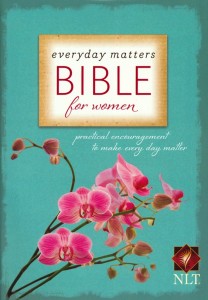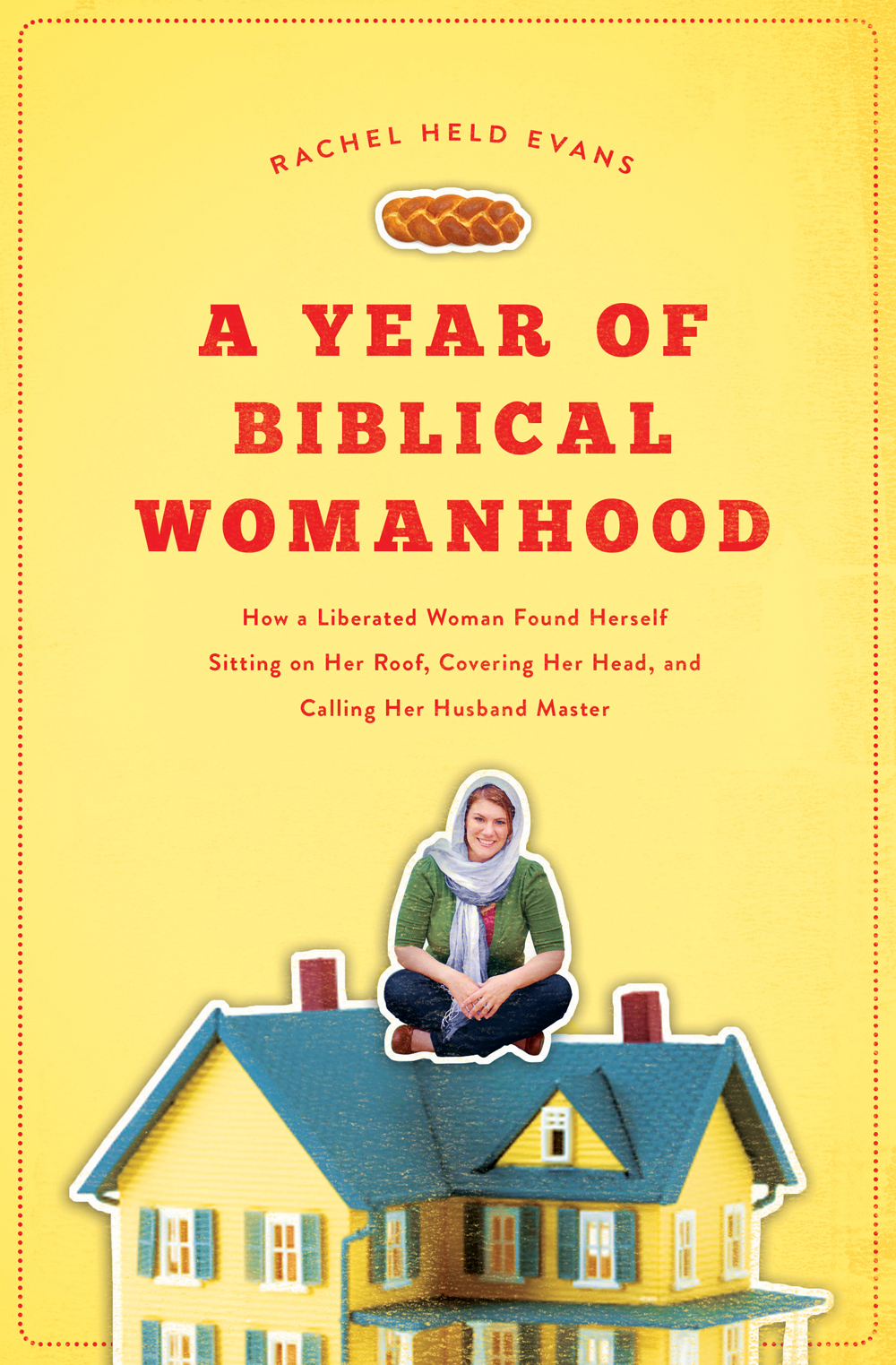To be a woman, I would contend, is to feel split in two. Maybe you’re juggling home and career, or marriage and friends, or kids and calling. Whatever the scenario, we all know what it’s like to try to keep the plates spinning without breaking the ones we care about most.
There’s a famous story about a wise king who settled a dispute by offering to split a baby in two split a baby in two. As the story goes, there was one baby and two women, each claiming the child was hers. Solomon called for a sword and said, “Cut the living child in two and give half to one and half to the other.”
At this point in the story, every person with a beating heart cries, “Stop!”There are no circumstances that justify a split-in-two baby. No one wins if Baby is dead.
But what about when it’s the mom who’s split in two?
I recently returned to work after maternity leave, and it seems that wherever I am, I have to leave a piece of myself behind. When I’m at work, my heart is still tethered to the 15-pound cheeky boy who is currently doing tummy time without me and the 3-year-old I promised to build an excavator with when I get back. When I’m at home, I can’t help but wonder what emails are piling up and if my brain will ever recover from its current porridge-like state.
And it’s not just working moms who find themselves tugged in different directions. There are women who are at home full-time while trying to pursue something they feel called to. There are women sandwiched between two generations, caring for kids as well as aging parents. There are single women who are trying to figure out how to follow their passion while also covering the bills.
Some days it feels like there just isn’t enough of us to go around. Not enough energy, not enough time, not enough emotional bandwidth. We need the wisdom for Solomon for this. Is the answer to split ourselves into two (or three or four or five)? If we do, will there be enough of us to go around?
The reality is, it will never work to cut ourselves in half—no matter how sharp the sword or how accurate the slice. We’ll keep giving pieces away until there’s nothing left . . . and it still won’t be enough.
So what’s the answer?
I don’t think there’s an easy solution to this—we may have to reconcile ourselves to living in some amount of tension. But I am learning, by baby steps, that there’s peace in bringing our whole selves wherever we are. Instead of becoming fragmented—separating our work selves from our home selves, our mom selves from our professional selves, our daughter selves from our adult selves—what if we stitched our roles together so we could be all there, wherever we are?
I used to think of integrity strictly in terms of moral uprightness. But what if integrity is about being fully integrated—being the same person, no matter where we are?
I’m still figuring out what this looks like. But maybe it means bringing my editor-self to my parenting and using multi-syllabic words with my toddler. Or bringing my mother-self to my work and letting my baby crash my Zoom calls on occasion.
I wonder what this looks like for you, beautiful woman being tugged in different directions. How are you wrestling with the split-ness of being a woman? What might it look like for you to bring your whole, integrated self to each role you’ve been called to?
However we’re feeling split, may we stitch each part of ourselves together so we can fully love, fully live . . . and be fully ourselves.
The glory of God is a human fully alive.
Saint Irenaeus






